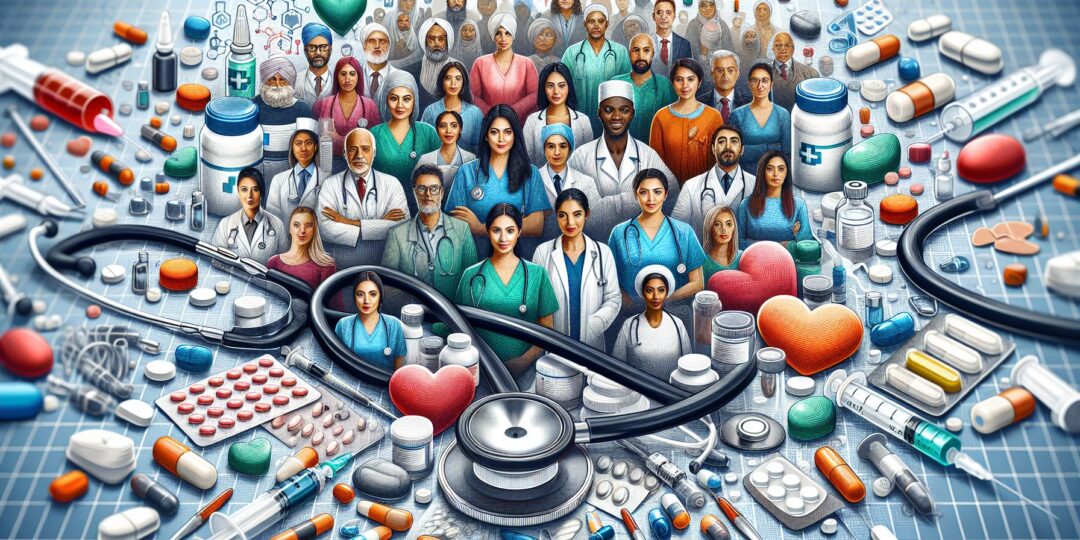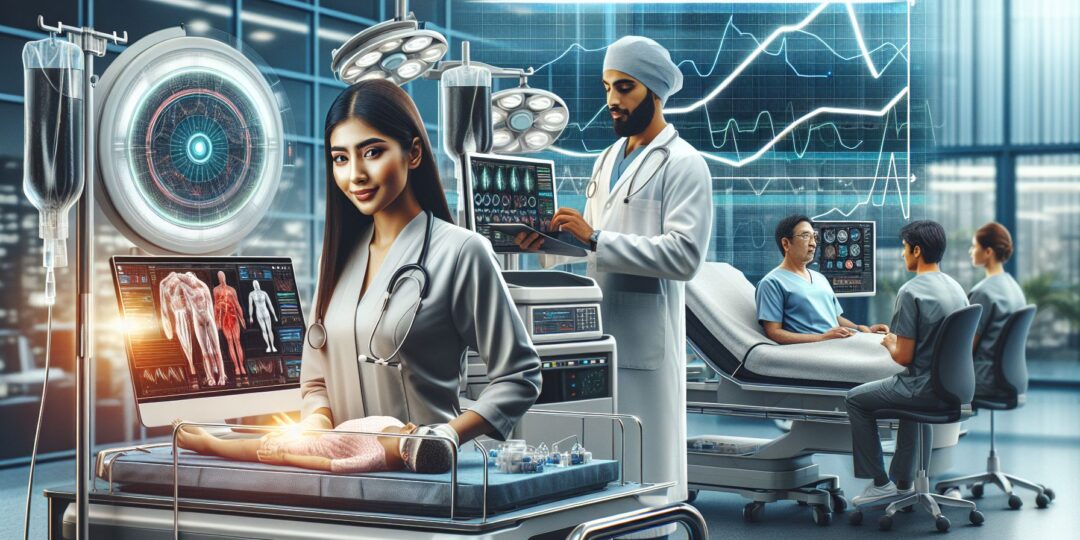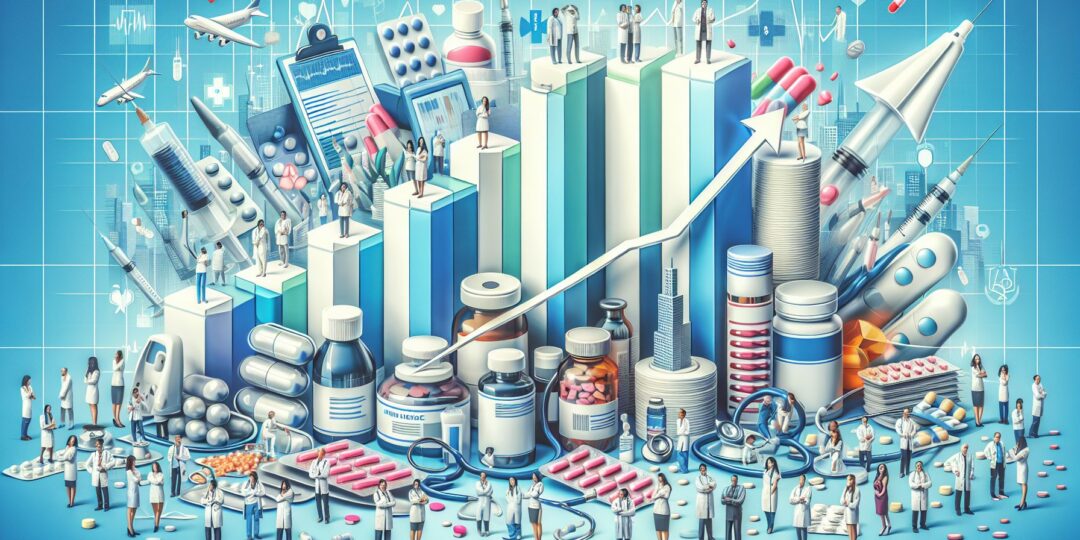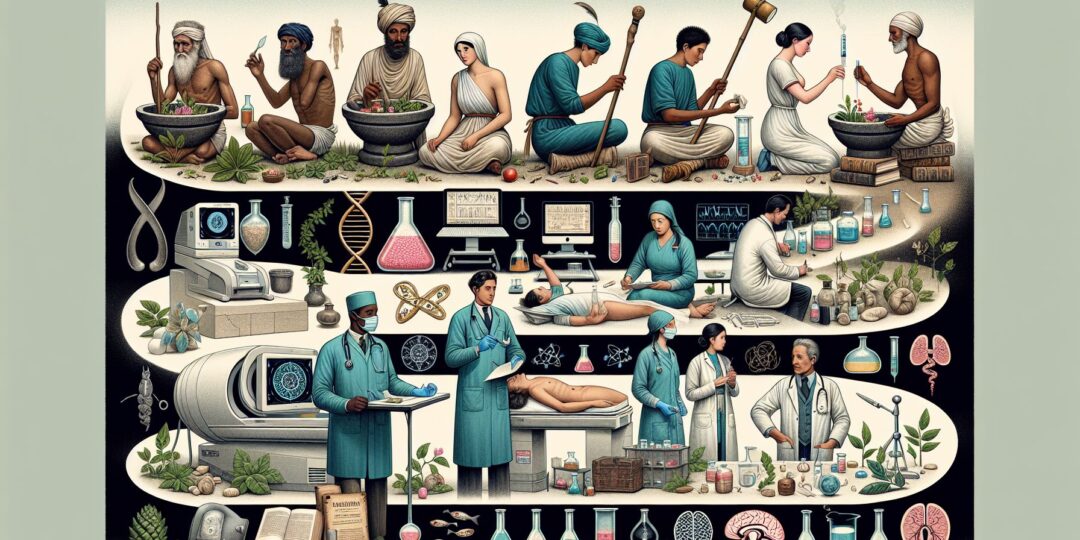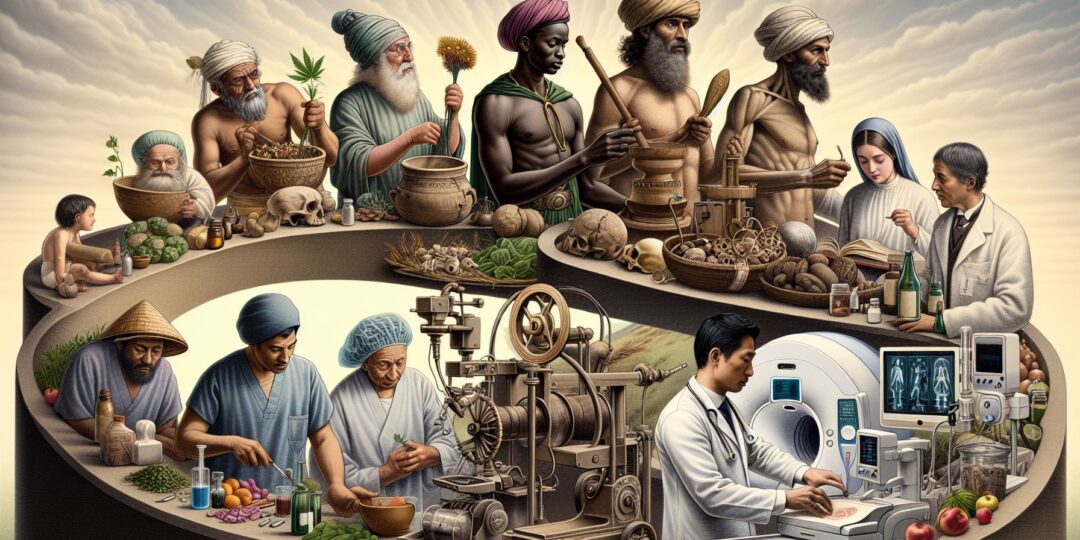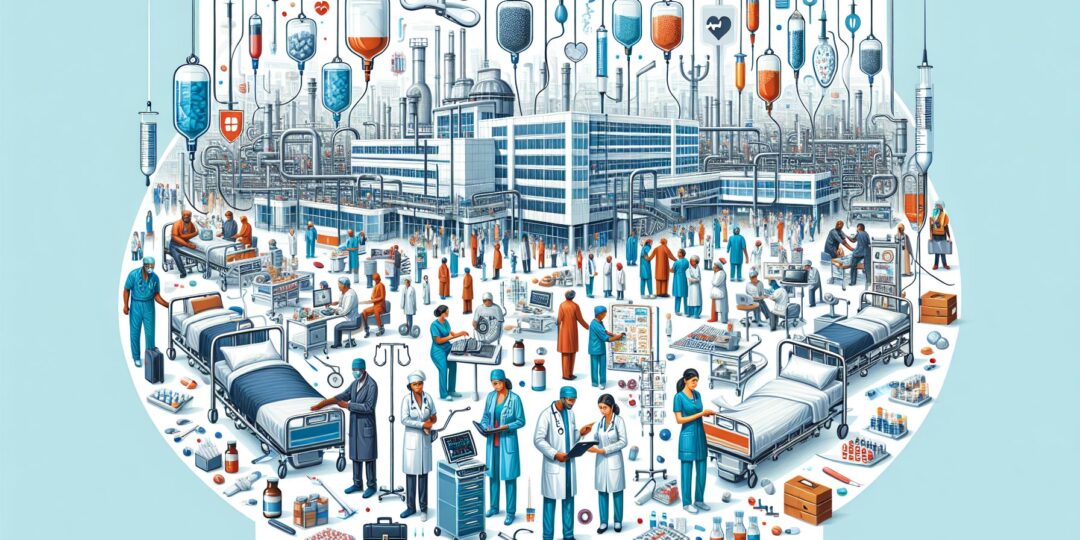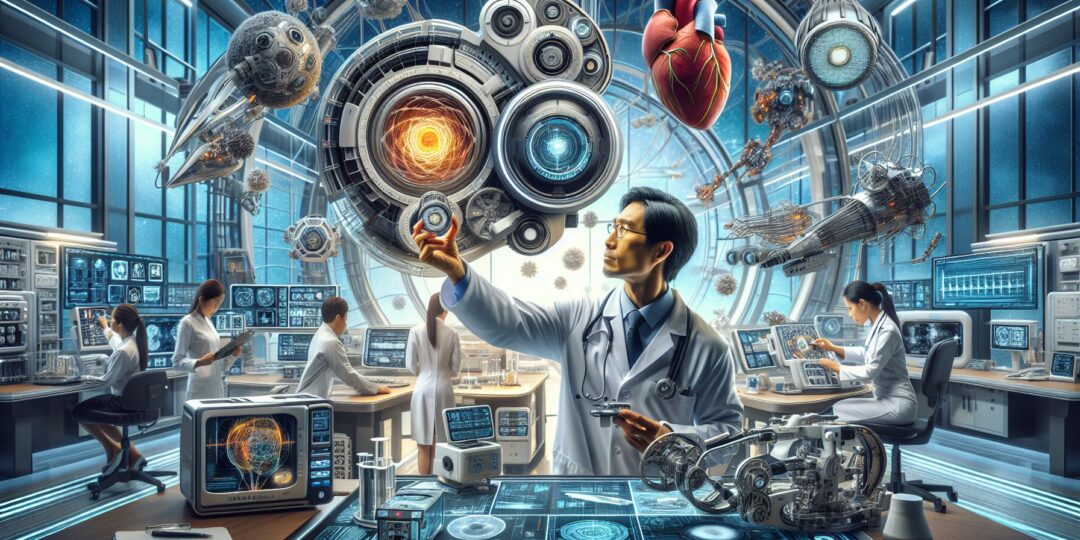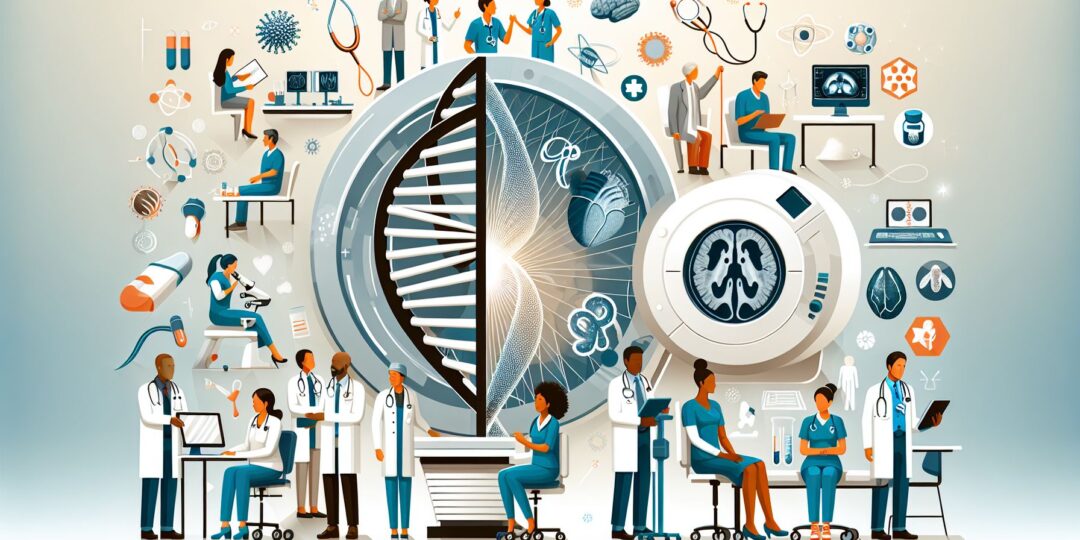The medical products industry plays a crucial role in the healthcare sector by providing essential tools, equipment, and devices that help diagnose, treat, and monitor various medical conditions. From bandages and syringes to complex imaging machines and surgical instruments, medical products are essential for ensuring quality patient care and improving health outcomes.
One of the key benefits of medical products is their ability to enhance the accuracy and efficiency of medical procedures. For example, advanced diagnostic imaging equipment such as MRI machines and CT scanners can provide detailed images of the body’s internal structures, enabling healthcare providers to accurately diagnose and treat a wide range of conditions. Similarly, surgical instruments and tools help surgeons perform complex procedures with precision and minimize the risk of complications.
Medical products also play a vital role in infection control and prevention. Disposable items like gloves, masks, and gowns help healthcare workers protect themselves and their patients from harmful pathogens, reducing the spread of infections in healthcare settings. Additionally, sterilization equipment and supplies ensure that medical devices and instruments are free from contaminants, further safeguarding patient safety.
In recent years, the medical products industry has experienced significant advancements in technology and innovation. This has led to the development of cutting-edge medical devices and equipment that are more effective, user-friendly, and cost-efficient. For instance, wearable health monitoring devices can track vital signs and other health metrics in real-time, allowing patients and healthcare providers to monitor and manage chronic conditions more effectively.
Despite these advancements, the medical products industry faces challenges such as regulatory compliance, quality control, and cost containment. Manufacturers must adhere to strict standards and regulations to ensure the safety and efficacy of their products, which can be time-consuming and costly. Additionally, the rising cost of healthcare and pressure to reduce healthcare expenditures pose challenges for medical product companies to innovate and deliver affordable solutions.
In conclusion, medical products are indispensable in the healthcare industry and play a vital role in improving patient outcomes and ensuring quality care. As technology continues to evolve and the demand for advanced healthcare solutions grows, the medical products industry will continue to play a critical role in shaping the future of healthcare. By addressing the challenges and embracing innovation, medical product companies can drive improvements in patient care and contribute to the overall well-being of society.…
Continue reading